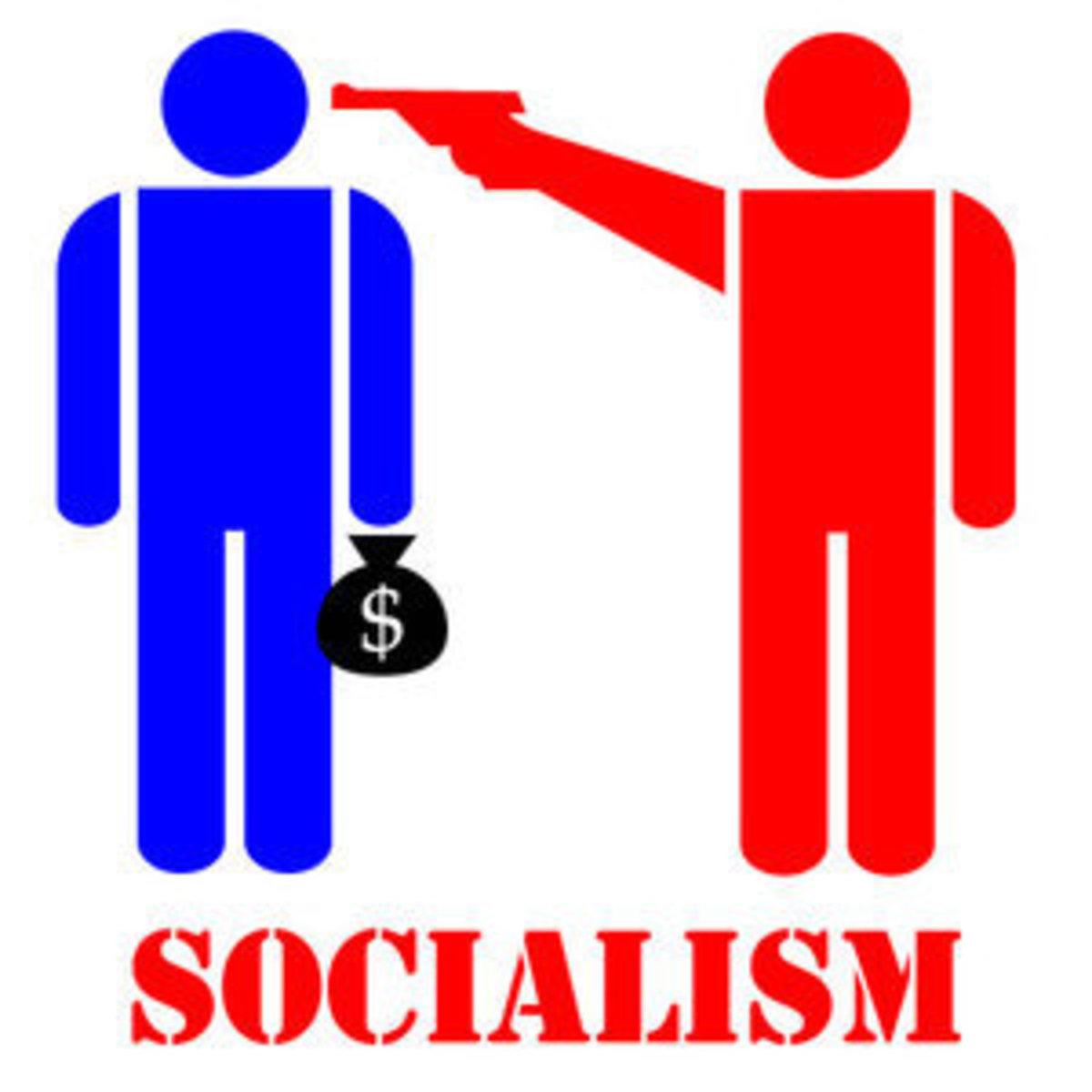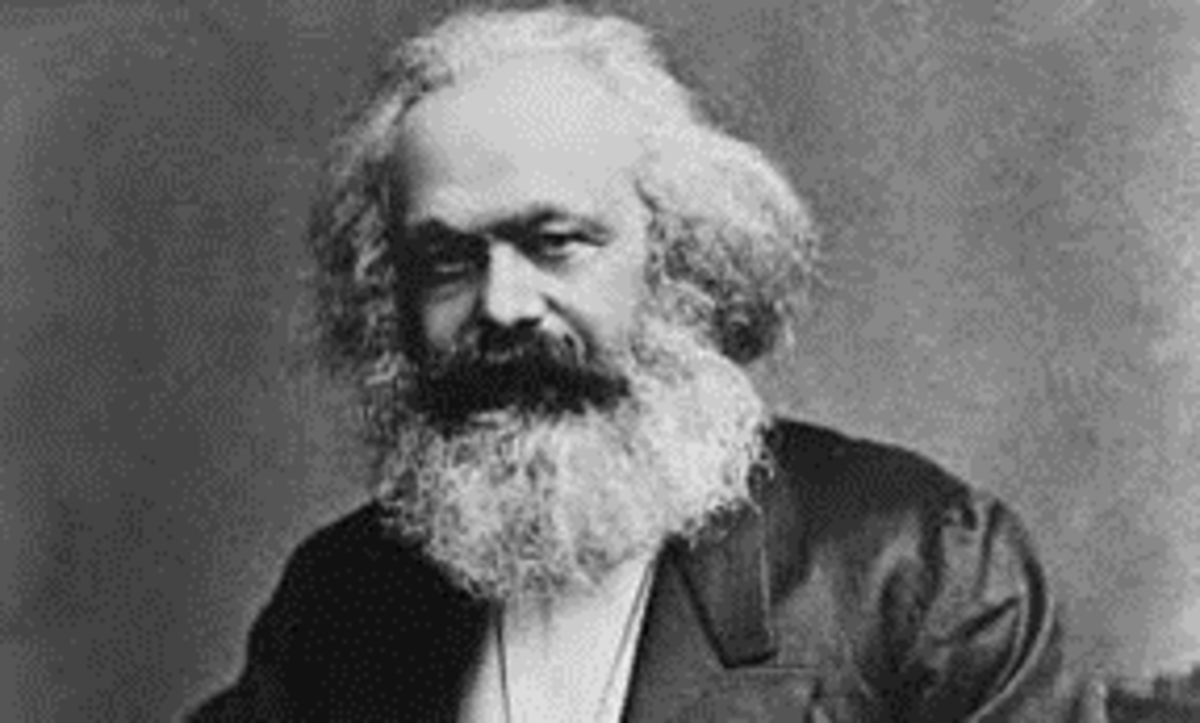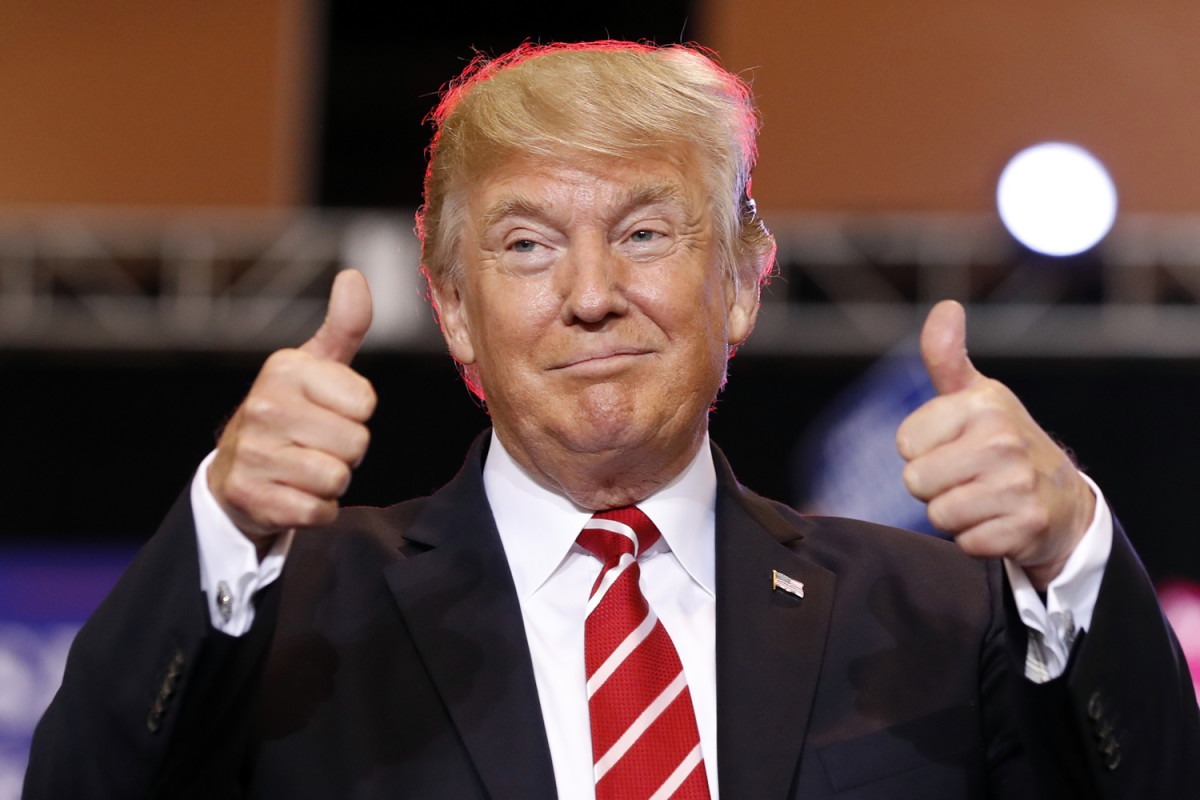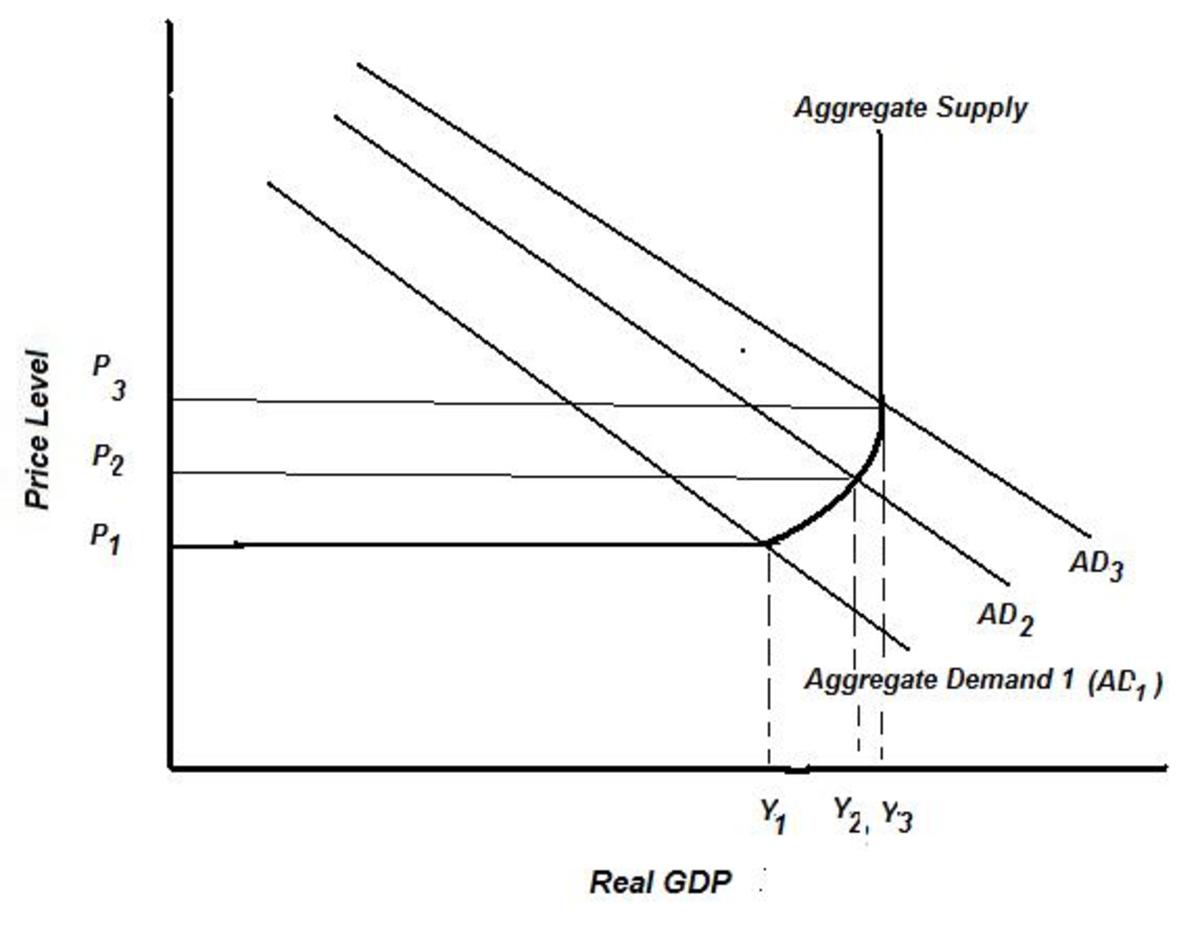Capitalism is DEAD!
Argumentation on the American crisis
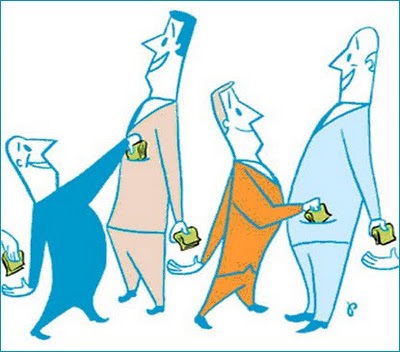
Keynesian versus capitalism
Not a long ago Alan Greenspan, guru of capitalism, questioned the theoretical and practical value and validity of the Chicago School of economics by stating that capitalism is a failure. It would be laughable if it did not impact so drastically a multitude of lives.
At the head of the neoclassical movement of thought, praised worldwide for his intake in analyzing and resolving economical challenges (who understood economics at this level and thus dared challenge him?), a protagonist whose effigy belongs to the past, Milton Friedman.
On the plate, a market economy on a pedestal promoting adequate monetary and fiscal measures for the well-being of worldwide economies. Volker, Bernanke played blindfolded with the reins of the economy at the world's expense. Since Bush's ill-treatment of the economy, the deepening of the crisis doesn't know any rest. Whatever the advocated policy, the interest rate is usually the panacea.
Since the "authority" in the subject matter in question acknowledged officially the flawed theory, what about reflecting on the possibility of adopting the rival and rejected theory evoked by Keynes? Out of question? For the time being, only South America is fencing capitalistic imperialism after a long history of being stigmatized by its ravages.
Without entering in the details Keynes's general postulate was if the aggregate demand for goods is insufficient it will create general gluts generating losses in output and high unemployment. In both schools of thought the demand and the supply are the aggregates to consider to reach an equilibrium, however they diverge in their utilization. If Keynes emphasizes demand as the main tool to regulate a failing economy, neoclassicists pinpoint the supply.
According to the Neoclassicists the market cures itself naturally referred as the "Laisser-faire" policy, therefore no need to intervene in regulating it (we recently saw that if the government did not transfuse bailout money, Wall-Street would have collapsed). Typical example of hypocrisy! In this special case, to obey to the market economy law preconized by conservatives, the company which took risks should be alone responsible for its losses and gains and should suffer the consequences of a bad investment. And it's final.
The model developed by this school of thought has never been implemented fully on western countries economies, for good reasons that we will briefly argue in the following.
The only economies that bent under the burden of the strict application of Friedman's ideal model of market economy were former democracies to become in the process dictatorships such as Argentina, Chile, and fragile democracies such as Russia, Poland... which disintegrated economically and socially as a result. The only survivor claiming an 8.7% of economical growth for 2011 is Chile which alone did not privatize to excess, and hence maintained nationalized industrial sectors strongholds. Can a theory stand on one exception? We agree upon the negative.
Roughly it avalanched in: elimination of the national production to the profit of new investors, sell-out of national wealth, deregulation of prices leading to inflation, social degradation and warfare.
A fortiori, nowadays, neoclassicists idolize officiously the latent presence of the government within their acceptable limits. Officially, it led to the birth of an intrinsic fear of government. Was it since Roosevelt's administration? It is to note that the upper class and the owners of capital saw him as a traitor. They didn't like their interests to be jeopardized in the name of the welfare of the American people. Contrary to preconceived ideas, the government was installed to eliminate the skids of society or more precisely of private companies, private interests. What is the purpose of watch-out organizations if not to avoid and restrict abuses?
Since the government is elected by, for and of the people it should instinctively serve their interests. Why isn't it the case? Lobbies is an explanation. Private interests interfering (under Clinton's administration) could be the second plausible. The third alternative would be a cabinet composed of Chicago school players like Geithner for instance... And... What if assassinations would be another? What was applied in foreign countries with Allende, Lumumba... couldn't be on the American soil? A failed attempt on Roosevelt (he publicly divulged his own social class hatred towards him), a double down success on the Kennedys for carrying through audacious social policies, hence the reluctance of democrat allegiance presidents to keep their Keynesian inspired promises? How relevant is this thought? You tell me.
In what way a Keynesian approach of the economy will be beneficial? Let's consider the money delivered to the banks, what if instead of those institutions it would have been granted to the average worker to give a new impulse to the engine of economy? Two options would have appeared either the money would be spent, injected directly in the economy, invested in a mean of production, in a service, in a creative entrepreneurial niche, projects, products..., either it would have been saved in banks. In both case, the economy would have been the only beneficiary.
In time of conjunctural austerity, people fearing the instability of the future will tend to save to guarantee a minimum of security for the future. But since the American is a consumer by nature, we will reason as so. In spending, you trigger consumption. By consuming, you encourage production (and normally the human capital within the company increments, if outsourcing is not part and parcel of the agenda and strategy of the company). If production is solicitated productivity is automatically enhanced. And vice versa. Companies hire, increase salaries...
However, one data has changed, salaries. Jeremy Granthan in his August 2011 quarterly report accentuated the pauperisation of the people linked to a low and stabilized salary; The same ones who contribute to the demand (spending power) of the economy. Since the benefits go to the one percent's pockets and does not work to the improvement of the salary and thus to any stimulation, it ends up weakening the demand.
What is the future of the demand?
When a candidate decides to play the "social" card to be invested of the presidential power, he should stick to his words whatever the cost to the risk of losing credibility. As Keynes's theory is fantasized upon it still remains a theory, since never fully applied. To save America from its economical and social depression, Roosevelt tried one solution after the other maybe should we adopt the same wisdom, shouldn't we?

